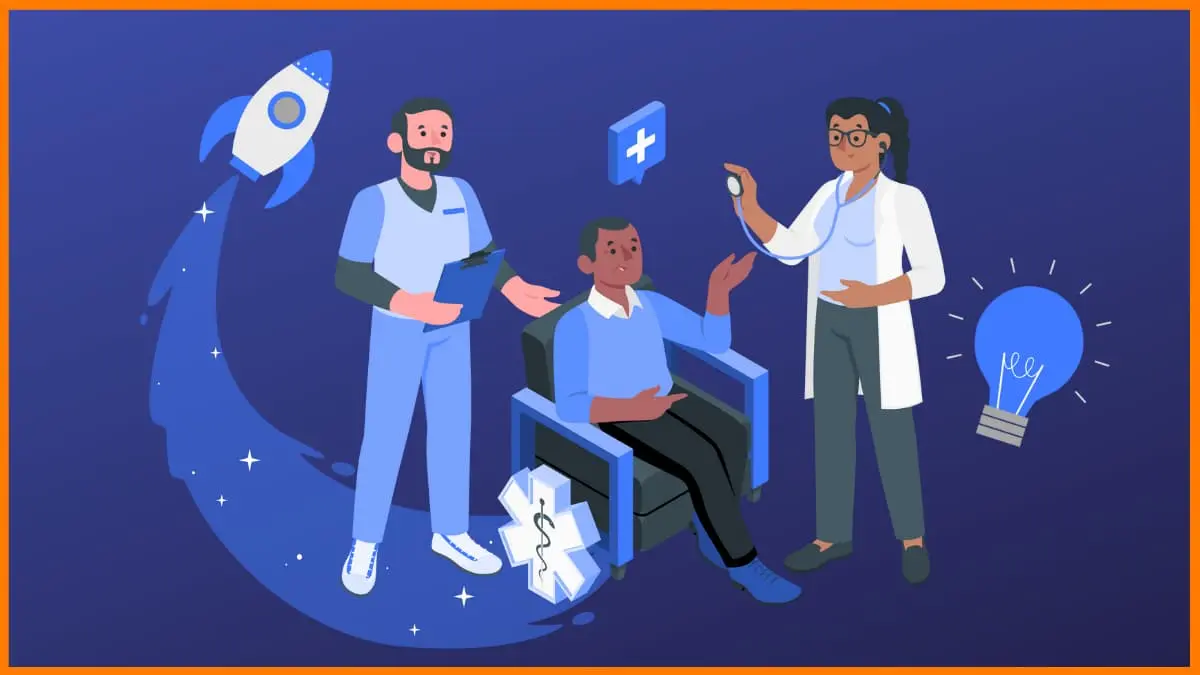
The Australian Attorney-Generals Department is considering the privacy risks associated with strained intelligence tools like ChatGPT in its review of the nations Privacy Act.
The department says the government is single-minded to ensuring Australia has fit-for-purpose regulatory settings to write the challenges posed by AI.
Last week, Cosmos reported concerns from Victorias deputy privacy commissioner well-nigh risks associated with governments using large language models for emails, reports or reports if those documents contain any personal information.
At the moment its not towardly for governments to use these tools in normal government work, said Rachel Dixon, Privacy and Data Protection Deputy Commissioner at the Office of the Victorian Information Commissioner.
Dixon moreover flagged particular concerns well-nigh companies like Microsoft and Google embedding AI tools into their enterprise software products, which are widely used by governments.
Responding to�Cosmos�questions well-nigh AI privacy risks, the Attorney-Generals Department says:�The Review of the�Privacy Act 1988�considered the privacy risks associated with the use of new technologies, including practices such as web scraping, and made proposals to provide greater transparency and requite individuals increasingly tenancy over their data.
The department says it is engaging with technology providers and considering public feedback in relation to the review of the Act.
A spokesperson for Victorias Department of Government Services says: We regularly review AI technology, such as ChatGPT, to consider the upstanding issues and necessary safeguards required for its potential use within government in the future.
A range of policies to guide public servants are relevant to generative AI, the departments spokesperson says.
The Victorian Government outlines its tideway to public-sector use of digital technologies, including generative AI, in its Digital Strategy 202126.
Among its stated aims, the strategy intends to streamline transmission effort and repetition through the use of AI or robotic process automation. It moreover seeks to develop upstanding and unscratched guardrails for the use of personal data, AI and other emerging technology.



